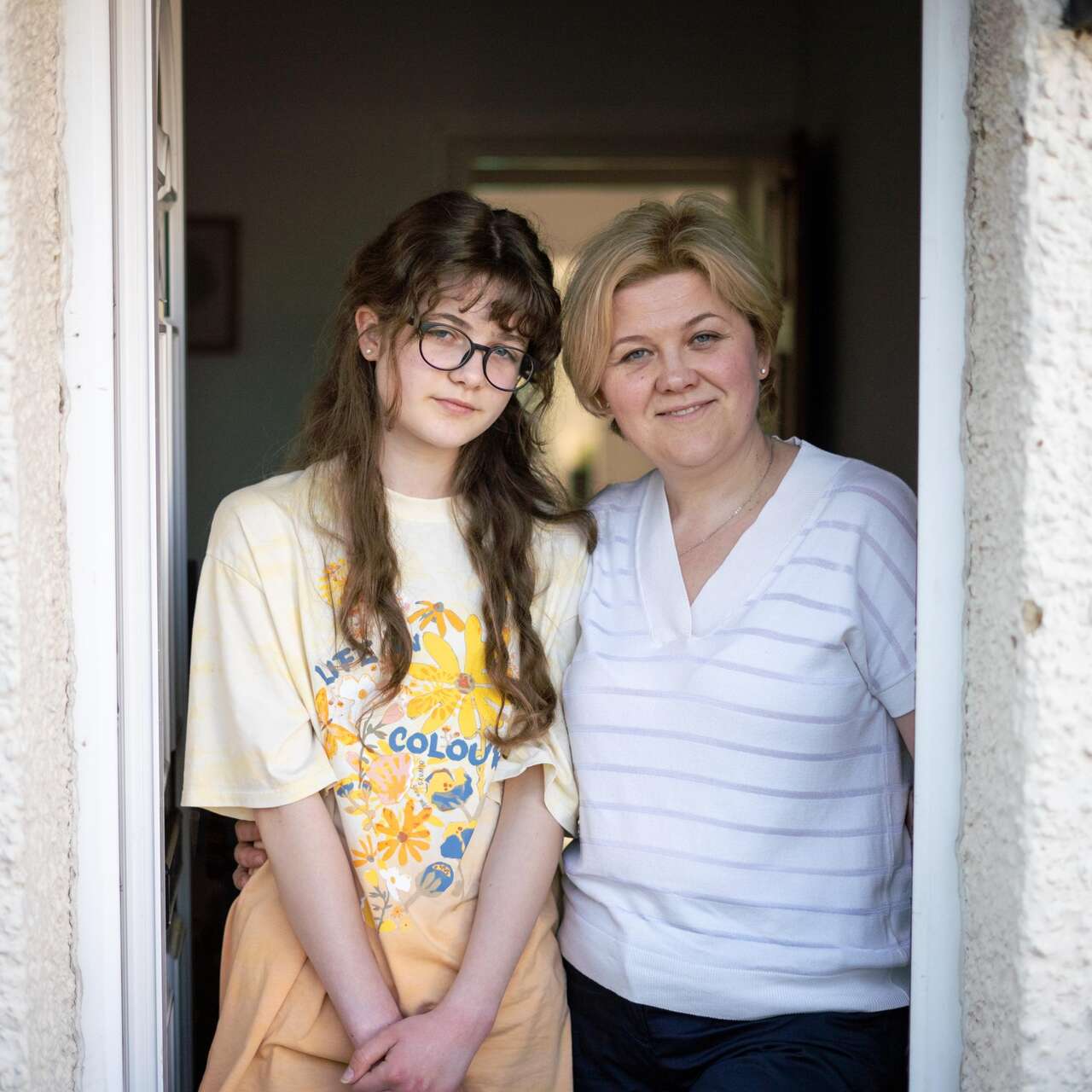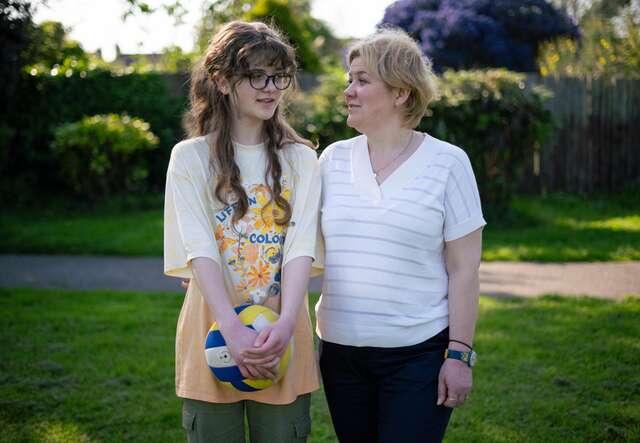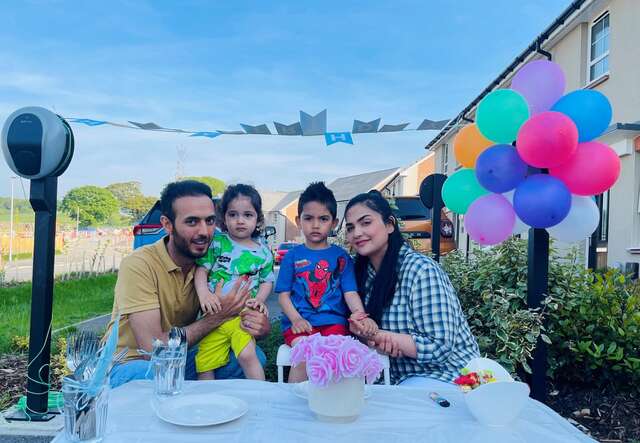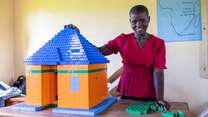
The phrase 'refugees welcome' is often used to show support for people seeking safety from war and persecution having fled their home country. But what does it really mean to make refugees welcome and how can you show your support?
Here are some simple actions and steps to take during Refugee Week and beyond.
1) Ensure you’re up to speed
Learning about refugees is the first step in understanding how you can help.
Who is a refugee?
1 in 4 people don’t understand what the term “refugee” actually means according to IPSOS. A refugee is someone who has been forced to leave their country in order to escape war, violence and/or persecution – for example, being targeted because of their religious beliefs. They are unable to return home until conditions are safe for them again so are given protection by another country.

More resources to get yourself up to speed about refugees:
2) Share positive stories
Most people in the UK support the rights of people seeking safety and want refugees to be treated with compassion. But it can often feel like that’s not the case when other voices seem louder.
By speaking up for people seeking safety and sharing stories of kindness and unity, both on and offline, we can help refugees feel welcome, and show those using harmful language that they are in the minority.
3) Question harmful language
If you see or hear friends, family members or people at work using harmful and dehumanising language about refugees, where it’s safe to, try asking questions and offering a different point of view.
Read more: Why we don’t use the word ‘illegal’ when discussing Channel crossings
4) Discover refugee stories in books and films
There are many great novels, non-fiction accounts and poetry collections that capture the real experiences of refugees. You can see some suggestions here from our own blog, or Refugee Week’s excellent list.
There have been some incredible films made about refugee experiences too. We can recommend One Life (2023), a historical drama about the humanitarian Nicholas Winton who helped refugees fleeing the Nazis in the Second World War. For more film screenings, free films and short films to watch visit Refugee Week's film programme.
If you'd like to learn about the history of the IRC then the Netflix series Transatlantic tells the story of Varian Fry and how thousands of refugees - including famous artists and writers - were evacuated from France during World War II.
Learn more about the true story behind Transatlantic.
5) Build a welcoming community

We are all stronger when we come together and celebrate our shared values of kindness, welcome and compassion.
The challenges may feel overwhelming on your own, but by connecting with other people in your community who support refugees, you can share information, help each other and work together to create change.
A great place to start is with free online training such as Solidarity Knows No Borders’ annual Stand Up! Speak Out! series or Together With Refugees’ Campaign Organising Network.
The IRC also runs training for community organisations and schools who support children and refugee youth. Learn more about our Healing Spaces training.
6) Join or host an event
In-person events are a great way to meet like-minded people in your area.
From film screenings and live music to demonstrations, dinners and discussions, there are all kinds of events taking place across the UK for Refugee Week, so look out for what’s happening near you.
Can’t find anything local? Why not host your own?
7) Get local schools involved
The IRC’s Healing Classrooms programme supports refugee and asylum-seeking children by providing training and resources to teachers.
Get in touch with your local school to make sure they’re signed up for the training and support offered to schools for free.
8) Volunteer
There are many charities helping refugees and asylum seekers that need volunteers.
Many refugees benefit from volunteers who support them with English language skills for example. Local refugee charities and English-language “conversation cafes” may be looking for volunteers for instance. Conversation Over Borders also offer online video calls for English practice between refugees and volunteers.
9) Donate
As well as helping people facing humanitarian crises around the world, the International Rescue Committee (IRC) supports refugees to rebuild their lives here in the UK.
Donate to the IRC to help refugees rebuilding their lives



